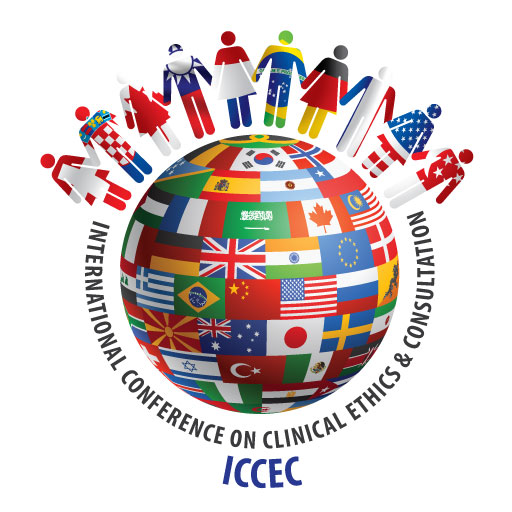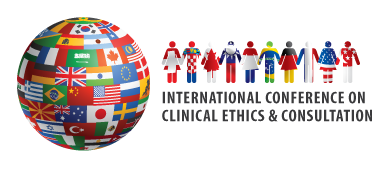10th ICCEC in Paris
The 10th International Conference on Clinical Ethics and Consultation had the theme “The patient’s voice”, and was hosted by the Paris Descartes University in Paris, France, on April 22-25, 2014.
The motto of the Conference is “The patient’s voice.” The patients’ rights movement has shaken medical practice since the ‘70s laws have backed up a deep turn in common mentalities and patients’ expectations, and have precipitated momentous changes in the organization of care and the doctor/patient relationship. This is true above all in western countries, although patients’ position in healthcare has also undergone important changes elsewhere. Patients express themselves more often today and intend their voice to be heard. They «give voice» to several values, desires, preferences, will, etc — and they do so in a multifarious way: not all patients are competent but they all speak, verbally and non verbally. The patient’s own perspective and life-experience have emerged as an essential element of the therapeutic relationship.
This transformation has resulted in part from the importance give to the principle of respect for patients’ autonomy – as a ground for medical decisions, and has been politically useful to redress asymmetries in power and knowledge. To that extent the principle of respect for autonomy has attracted much intellectual attention and has been analyzed in all its dimensions and different facets. However, medical practices as they can be viewed through clinical ethics support services (CESS) still fall far short of what would be ideally required with respect to the central place that the patient deserves. This is also true within the CESS themselves: the patient and/or her proxies are not always given as much voice as it is given to health care professionals.
Although the voice of the patient is paramount, the issues surrounding it go well beyond the informed consent of competent patients. Indeed, sometimes the patient’s voice is still disregarded. Sometimes it is too weak to be heard, or it is considered as illegitimate family members or other proxies may speak instead, or on behalf of the patient. Also, the patients’ voice might come to be in competition with that of health care workers finally, the patients’ voice today is also relayed by collective entities as communities and patients’ associations. All these areas require not only practical and procedural solutions, but also careful conceptual distinctions and substantial ethical analyses.

